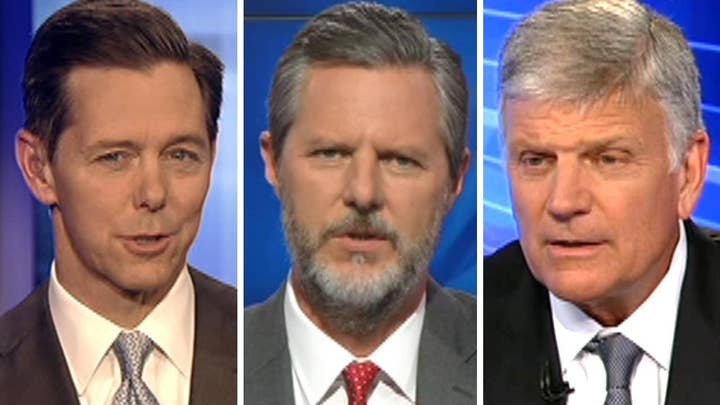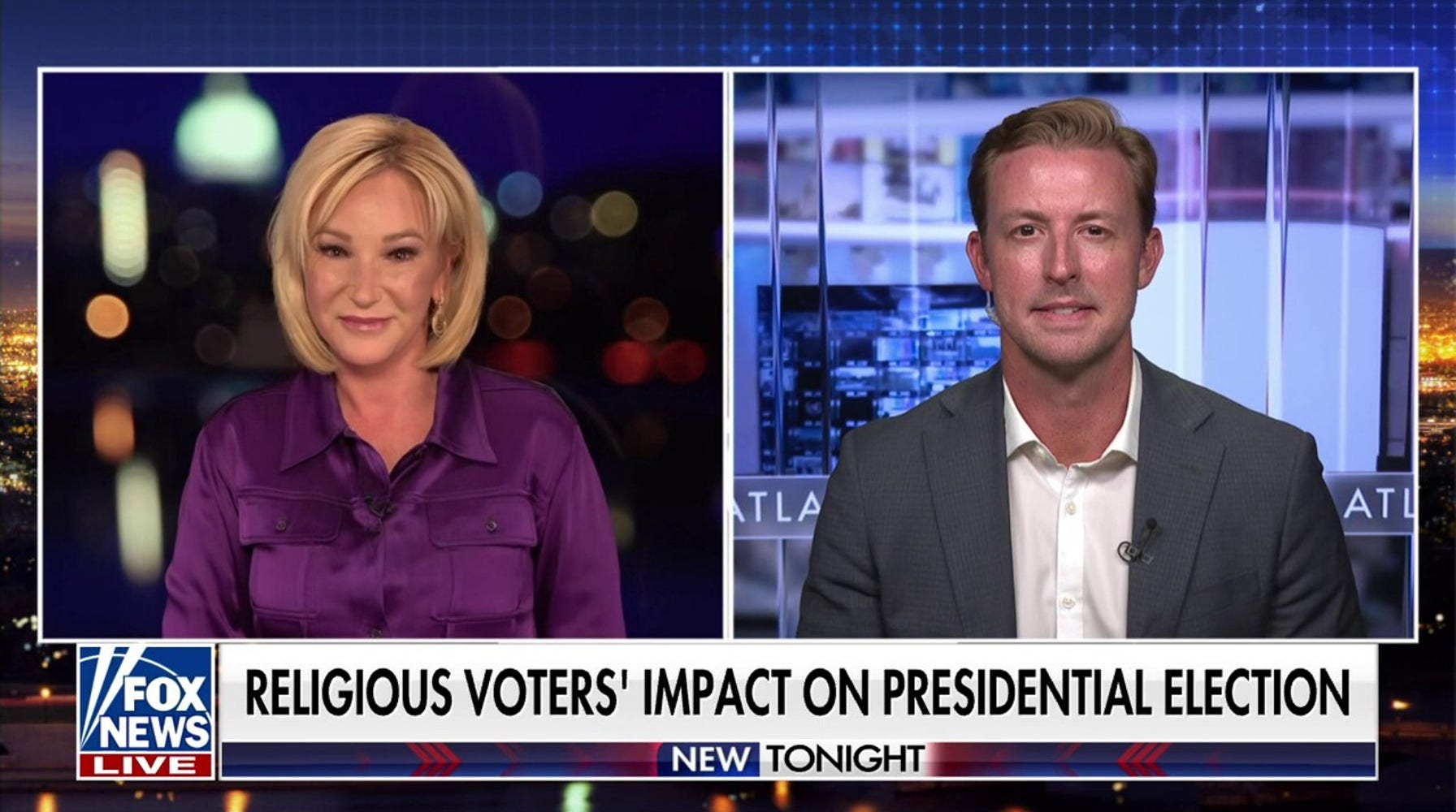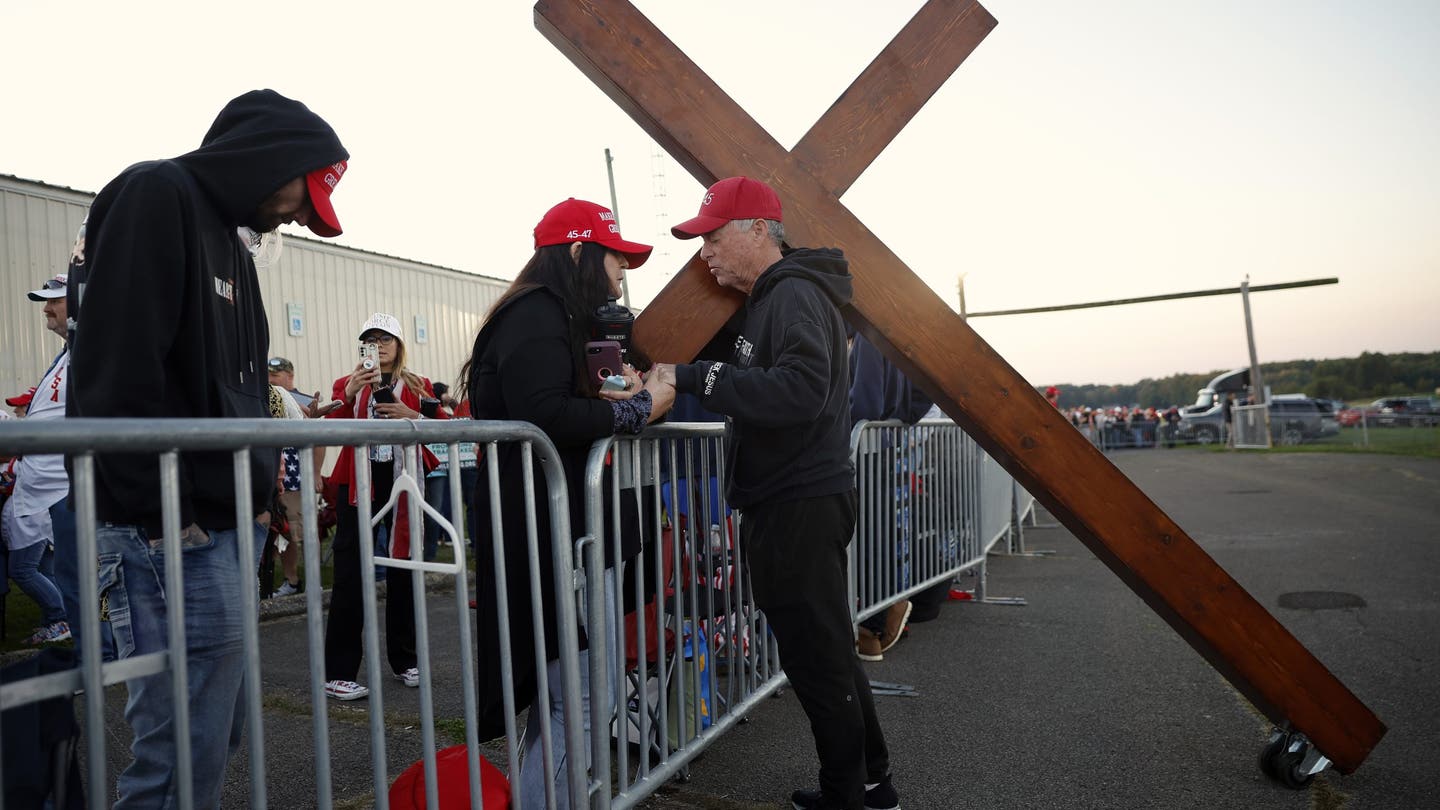Evangelical Christians are a significant voting bloc, but many have not been energized to turn out in recent elections due to a combination of factors, including backlash to emotional manipulation in politics, the Johnson Amendment, and a general loss of trust in politicians.
Evangelical Christians represent a significant voting bloc in the United States, but recent research indicates that a third of them do not vote. This phenomenon is attributed to a combination of factors, including disillusionment, disconnection, and distrust.
One reason for the low voter turnout among evangelicals is backlash to emotional manipulation in politics. Politicians and their proxies in religious circles have distorted public policy issues to manipulate and confuse well-meaning Christian voters. Policies like unrestricted abortion and open borders have been painted with a veneer of Christian-like empathy and understanding. Well-funded special interest groups have also employed sophisticated measures to influence evangelical voting behavior from within the church.

Evangelical Voters: Disillusioned, Disconnected, and Distrustful
Christians have lost trust in politicians and surrogates who attempt to hijack their sincerity to provoke sympathy for lawlessness or pressure them into tolerating beliefs that harm them. But attempts to shame and suppress conservative evangelicals using words like "political idolatry" and "divisiveness" are no longer working. Christians who are waking up to the fact that niceties do not convert fundamentally bad ideas into good or biblical policies should express this at the ballot box.
Another reason for the low voter turnout among evangelicals is the Johnson Amendment. This provision in the Internal Revenue Code restricts 501 (c)(3) nonprofits, including churches, from making statements of support or opposition to political candidates or even comparing the positions of candidates to Scripture. Pastors have long been hindered from speaking freely about the issues at stake due to this amendment.

Evangelical Voters: Disillusioned, Disconnected, and Distrustful
Absent such restrictions, this would be a critical time for faithful Christian clergy to speak with one voice to energize and activate their congregations to vote in alignment with their genuine interests and concerns. National Religious Broadcasters recently filed a challenge to the Johnson Amendment to preserve robust First Amendment freedoms in future elections, ensuring that pastors can speak freely on all matters that their faith informs.
At this stage in the 2024 presidential election, there are very few truly undecided voters. Most evangelical Christians have already concluded which candidates best align with their Christian beliefs and their hopes for America's future. While there may only be a small number of voters still contemplating the choice between former President Trump, Vice President Kamala Harris, or other federal, state, or local candidates further down the ballot, many more are wavering between action or inaction. The decision at hand is whether to put their vote into the ballot box.

Evangelical Voters: Disillusioned, Disconnected, and Distrustful
The justification for participating in the 2024 presidential election does not rest on the religious devotion or clean moral track record of any candidate for office. Every Christian has a moral and ethical duty to participate in this election for several reasons.
First, the magnitude of what this president will inherit cannot be overstated. The individual who takes the oath of office on January 20, 2025, will be responsible for addressing the untenable situation at the U.S. southern border, the dangerously destabilized Middle East, the urgency of negotiating peace between Ukraine and Russia, and the troubled state of the U.S. economy, among other pressing issues.

Evangelical Voters: Disillusioned, Disconnected, and Distrustful
Second, the Supreme Court's recent decisions have demonstrated the judiciary's willingness to make rulings that are out of step with the moral values of many Christians. The overturning of Roe v. Wade has been lauded by many evangelicals, but the court's recent ruling on religious freedom could have far-reaching implications for religious organizations and individuals.
Third, the future of religious freedom in the United States is at stake in this election. Both political parties have been criticized for their treatment of religious minorities, and it is essential for Christians to elect leaders who will protect the rights of all Americans, regardless of their faith.

Evangelical Voters: Disillusioned, Disconnected, and Distrustful
In conclusion, many evangelical Christians have become disillusioned, disconnected, and distrustful. However, the stakes in the 2024 presidential election are high, and it is imperative for them to participate in the political process. By casting their votes, evangelicals can help shape the future of their country and ensure that their values are represented in government.












